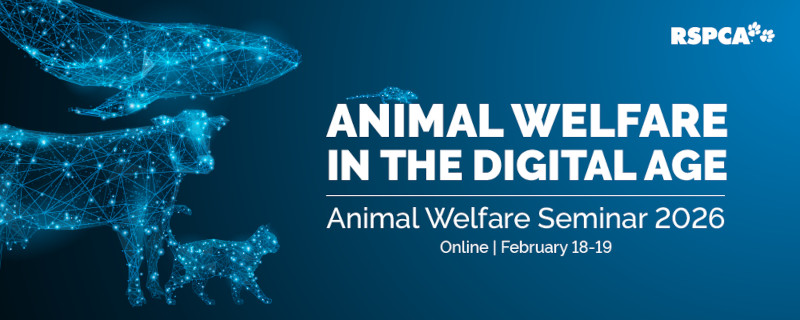| 5.1 | The RSPCA opposes the taking of animals from the wild for public exhibition, due to the risk of injury, pain, suffering, or distress arising from the capture, transport, handling, and long-term confinement of these animals, and potential effects on the ecosystem from where they are taken. |
| 5.2 | Wild animals must not be retained in captivity for public exhibition or interaction unless their physical and mental needs can be met, care staff are appropriately qualified and competent and there is oversight by a relevant government authority. |
| 5.3 | Some wild animals have complex social, physiological, or behavioural needs that can be extremely difficult to provide for in captivity. The RSPCA opposes the keeping and breeding of species for public exhibition where scientific evidence indicates that the needs of these animals cannot be adequately met in a captive environment. |
| 5.3.1 | Handling of and interactions with captive wild animals by members of the public should only occur if it can be justified, the physical and mental needs of the animal can be met, the animal chooses to interact and the person has the appropriate skills. |
| 5.3.2 | The use of animals in education, displays, and other interactive activities, (including mobile displays and interactions should only occur if it can be justified, the physical and mental needs of the animal can be met and the animal can choose whether or not to interact. Where these activities occur, they must be subject to independent ethical review, and adhere to strict guidelines and ongoing welfare monitoring and assessment. Threats to the welfare of animals must be identified and mitigated. Where mitigation is not possible or acceptable, consideration should be given as to whether the activity should be conducted. |
| 5.4 | Zoological parks, aquaria and sanctuaries |
| 5.4.1 | The RSPCA advocates that no zoological park, aquarium, or sanctuary should be permitted to keep or acquire animals unless it can adequately demonstrate that it has the facilities and resources to be able to provide for their physical and mental needs for the duration of the time that they will be in the care of the facility. |
| 5.4.2 | Zoological parks, aquaria, and sanctuaries must have documented management plans, for each species held. The RSPCA supports the responsible and cooperative management of species between zoos, aquaria, and sanctuaries to increase genetic diversity and sustainability of captive species and to improve conservation outcomes. |
| 5.4.3 | The RSPCA advocates the adoption of mandatory national standards and guidelines for zoological parks, aquaria, and sanctuaries, including species-specific standards for husbandry and care that provide a good quality of life. Staff and volunteers must be provided with appropriate ongoing training and education to help ensure implementation. Independent unannounced monitoring must be conducted at least annually to identify breaches and risks to enable appropriate corrective action to be taken. |
| 5.4.4 | Zoological parks, aquaria, and sanctuaries must have provisions in place to ensure the welfare of animals in their care in the event that the facility is no longer able to provide appropriate animal care (e.g. natural disasters, loss of staff, reduced financial viability etc). |
| 5.4.5 | As an alternative to viewing wild animals in captivity, the RSPCA encourages non-invasive observations of animals in their natural habitat, where this is appropriately managed through mandatory national standards and guidelines to ensure that there are no adverse welfare impacts on the animals or the environment. |
| 5.4.6 | Where animals in the wild are directly involved in media productions, and there is potential interaction with or impact to the animals, this must be approved by the relevant government agency and in accordance with mandatory welfare standards. |
| 5.4.7 | Capturing imagery of wild animals Capturing imagery of wild animals, including still photography, video, or use of drones, should be conducted so that it does not result in direct or indirect adverse impacts on the subject animals or other animals in the vicinity. See also: Policy Section C - Animals in Sport, Entertainment, Performance, Recreation and Work |
(adopted 08/04/2024)

